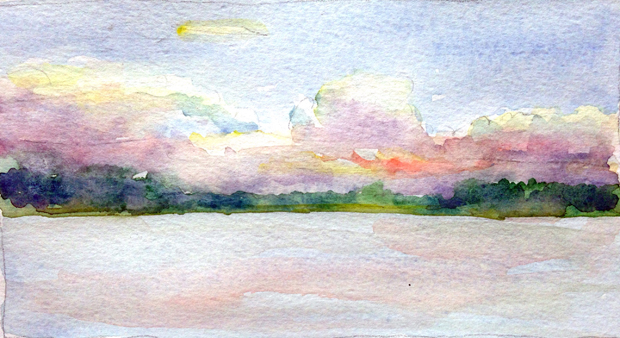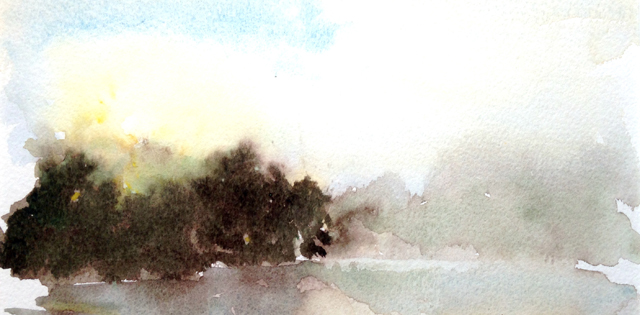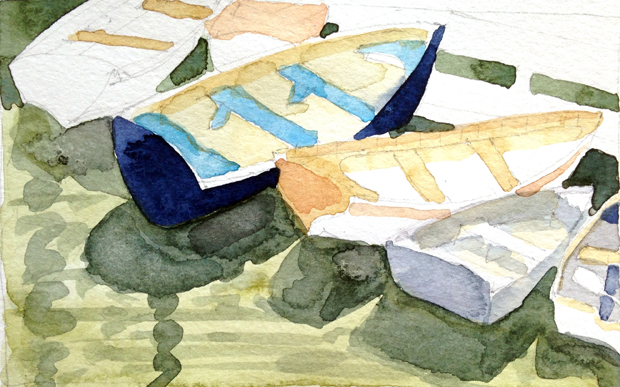 From lazy days of summer, watching sunsets and traveling to other places, to the wrenching events of the fall, one theme kept emerging. We have the power to tell our own stories. We can see the tumult and suffering of our times as an open invitation to reclaim that power.
From lazy days of summer, watching sunsets and traveling to other places, to the wrenching events of the fall, one theme kept emerging. We have the power to tell our own stories. We can see the tumult and suffering of our times as an open invitation to reclaim that power.
In July, I speculated on why artists create, given how much work it is to make anything, whether it’s a building or a novel. We do what it takes to serve the muse.
“The act of writing is an act of optimism. You would not take the trouble to do it if you felt it didn’t matter.” ~ Edward Albee
In August, a sunset worked its magical way through my imagination and onto the page as a timeless reminder of the ephemeral. Continue reading







